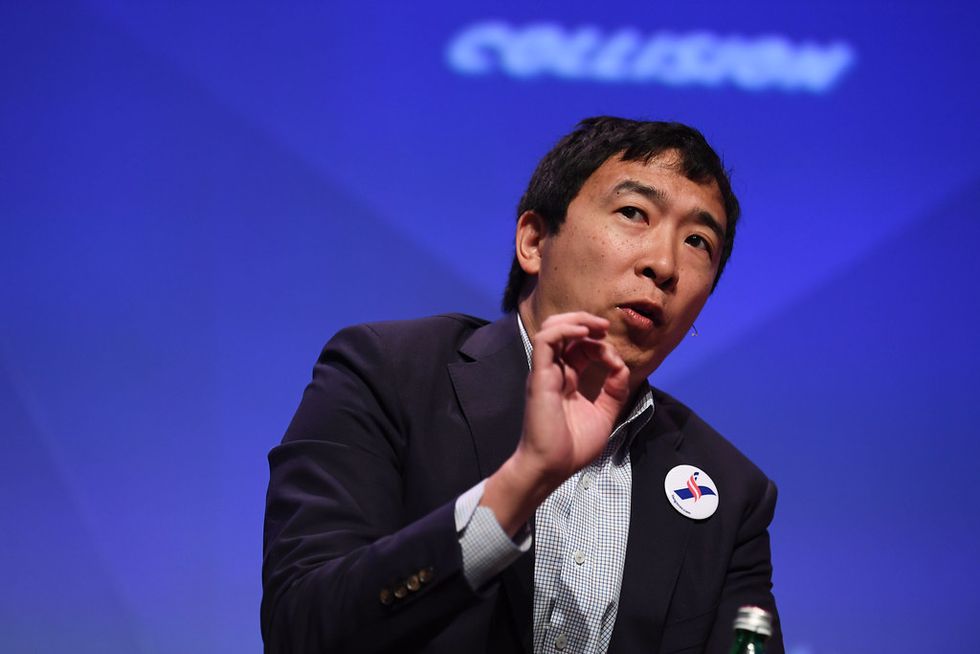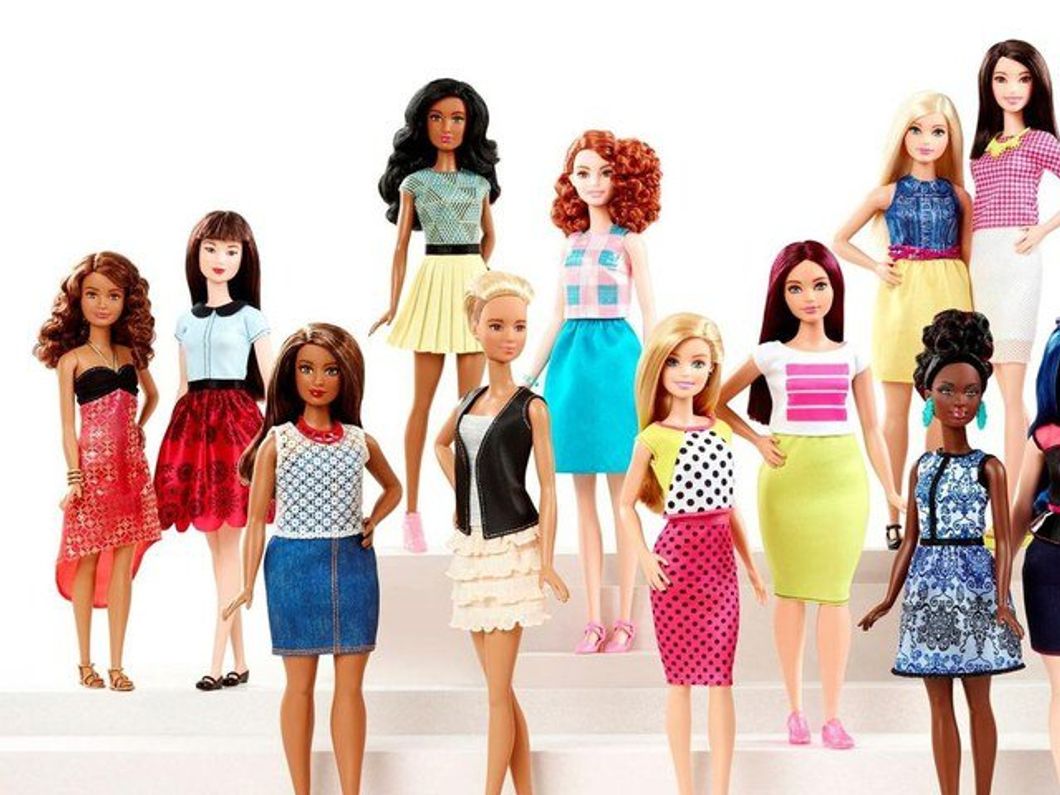In a nutshell, Andrew Yang's version of Universal Basic Income would guarantee $1,000 per month to every individual over the age of 18, with no prior requirements, which makes it surprisingly different than welfare. Yang isn't the first to introduce UBI though, the idea of it has been reappearing in American elections since the 1960s. The main focus around implementing UBI is to prevent a nationwide crisis from ensuing as a result of the new wave of automation, which Yang claims will have a greater negative impact on the economy than previous periods of automation.
It sounds like a dream! It would not only reduce poverty but also balance the unfair distribution of wealth. If you can't fight automation, new ways are needed to prevent more and more unqualified Americans from losing their jobs, right?
Wrong.
Here's where the issue starts, UBI has been tried before a couple of times, and the results were not the best.
In April 2005, what is now known as the Basic Income Grant Coalition was formed in Namibia, originally mentioned by Evangelical Lutheran Church in the Republic of Namibia and a handful of non-governmental organizations. A proposal to try and convince the Namibian government to enforce the system of UBI was created, though it was ultimately rejected. They had hoped it would not only ease the uncontrollable levels of inequality, but it would also lessen poverty.
Later in 2008, the BIG coalition established a mock project in the village of Otjivero, in which they paid every resident a monthly amount of 100 Namibian Dollars (around $6.94). Funded by different establishments in Germany, the project costed nothing for the Namibian Government, yet they remained reluctant to adapt to a system this skeptical. The project had continued until September 2012, their cash value given out had significantly decreased, and they heavily relied on private donations. At first, the results seemed highly beneficial, but they were later proven unsustainable and somewhat inconclusive, stating that many methodological flaws and loopholes were present. Basically, It was bound to fail from the moment it was released. Namibia isn't alone, Finland and India are both countries with similar results from UBI experiments conducted.
While UBI is supposed to help decrease poverty, it might actually do the exact opposite. The funding for UBI will obviously have to come from every citizen since everyone is getting the benefits, but it's ironic how funding will be taken from the poor to help stop the poor.
Rather than focusing on a "one-size-fits-all" scenario, candidates should direct their attention to targeted support citizens on poverty level actually need.
In today's fast-paced, competitive market, an incentive to work has been stronger than ever. Implementing Universal Basic Income will eliminate that incentive for many, proceeding to a lack of motive to work which will inevitably affect the economy in ways we cannot even imagine.
The reality is Universal Basic Income seems to support more STEM skill sets which will be more favorable in the next decade, but the fact of the matter is, not everyone is capable of only being an engineer or an entrepreneur, and it's not everyone's desire to do so. Our economy thrives on jobs with different skill sets like plumbing or cooking, and trying to take that away using UBI will do more harm than good.
In the end, Univeral Basic Income just isn't the right solution.













